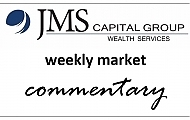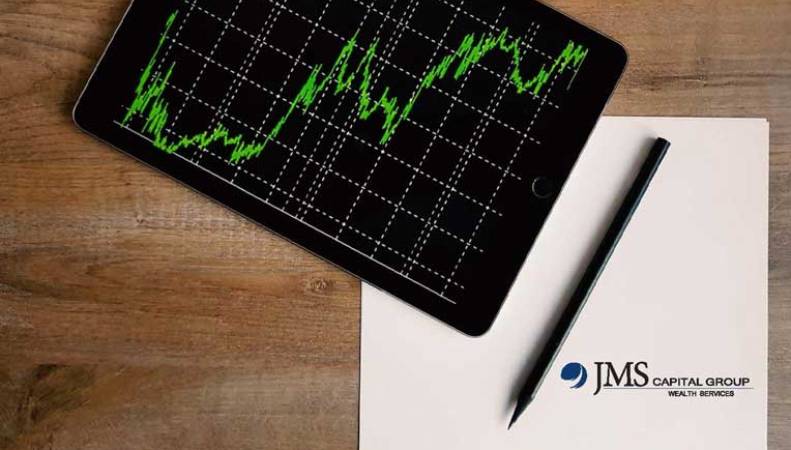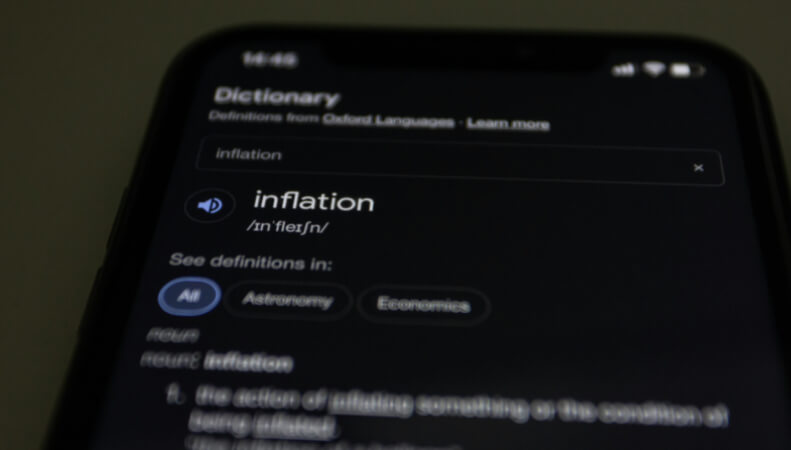By using our website, you agree to the use of cookies as described in our Cookie Policy
Blog
PIMCO’s Secular Outlook – A Summary
Investment management firms are in the business of forecasting the future, particularly those with a heavy emphasis on active management. Absent a crystal ball or time machine, perfect foresight is impossible, but it is also not required—active managers don’t need 100% accuracy; they just need their correct predictions to outweigh their wayward ones. So with the caveat that all this is highly educated guesswork, we’ll take a peek at the PIMCO’s Secular Outlook for October 2021.
The Secular Outlook is less dry than the analysis of financial trends because it tries to take a broader look at societal trends. The paper identifies 3 broad trends it sees as greatly influencing economies and markets over the next decade:
- The Green Energy Transition. Government and regulatory support of green energy is likely to increase as part of a decarbonization effort to achieve net zero emissions by 2050. However, the transition is likely to be a bumpy road, with the risk of political backlash from fossil fuel firms and workers, of supply disruptions due to demand for raw material for green energy development, and of price gyrations
- Technological adoption. One consequence of COVID-19 was that digitization and automation looks to have accelerated. While it is unclear whether this was a temporary phenomenon or a tipping point to speedier adoption of new technologies, the Secular Outlook leans toward the latter as being more likely. Of course, as with the Green Energy Transition, change leads to a set of winners and losers, which then may mean…
- Spreading the wealth. The forecast notes China’s recent initiative to attain “common prosperity”, potential social safety net expansion in President Biden’s “Build Back Better” plan, and anecdotal evidence that workers have recently gained increased bargaining power
Secular Outlook argues that the implications of the three above trends would be increased uncertainty for growth and inflation, and greater dispersion and volatility of returns. It also predicts continued low interest rates, as central banks will have difficulties raising rates without triggering an adverse reaction from financial markets—though it observes that persistent above target inflation could spur central banks to try to walk the fine line between tightening monetary policy more aggressively and maintaining financial market support.
What’s our take on Secular Outlook’s predictions? Given that the Fed peeled back some of its rate hikes in 2019 after markets stumbled, it seems plausible that US interest rates will be range-bound, with any rate hikes occurring gradually, but limited in scope by the Fed’s desire to keep unemployment low and markets humming. Even if inflation worries continue to gain traction, it will be a challenge to contain inflation via interest rate hikes without also triggering a downturn or a recession—though it may prove to be a challenge that the Fed and other central banks deem necessary.
As for the three trends the paper identifies, we would classify them under the headline “what has been happening, will continue to happen.” And while there’s reason to adhere to that viewpoint, there’s also the possibility that these trends will dissipate to some extent—that government promises of support for green growth will prove more talk than action in the face of bureaucratic inertia, fossil fuel lobbying, and resistance to change from the public; that digitization’s and automation’s boost via the COVID-19 economy will end up as a short-lived phenomenon; that bargaining power will flip back to employers as fiscal and monetary support is curtailed globally, and that inequality will resume its expansion.
The most interesting part of the Secular Outlook might have been the beginning, where it conjectured that the New Normal decade of modest growth, low inflation, low volatility, and high returns may be over.
That era may be over, but the reason we can cite the past decade as an era is that we’ve already lived through it—hindsight is 20/20, but how many of us would have predicted the “New Normal” decade back in 2010? As the Secular Outlook notes, there’s a high degree of uncertainty about the world’s path forward—perhaps more than in the past decade—and while it’s useful to develop hypotheses and to identify economic patterns, it’s equally important to stay cognizant of the fact that something as small as a virus can upend all the most carefully laid forecasts.
###
JMS Capital Group Wealth Services LLC
417 Thorn Street, Suite 300 | Sewickley, PA | 15143 | 412‐415‐1177 | jmscapitalgroup.com
An SEC‐registered investment advisor.
This material is not intended as an offer or solicitation for the purchase or sale of any financial instrument or investment strategy. This material has been prepared for informational purposes only, and is not intended to be or interpreted as a recommendation. Any forecasts contained herein are for illustrative purposes only and are not to be relied upon as advice.
‹ Back











Comments